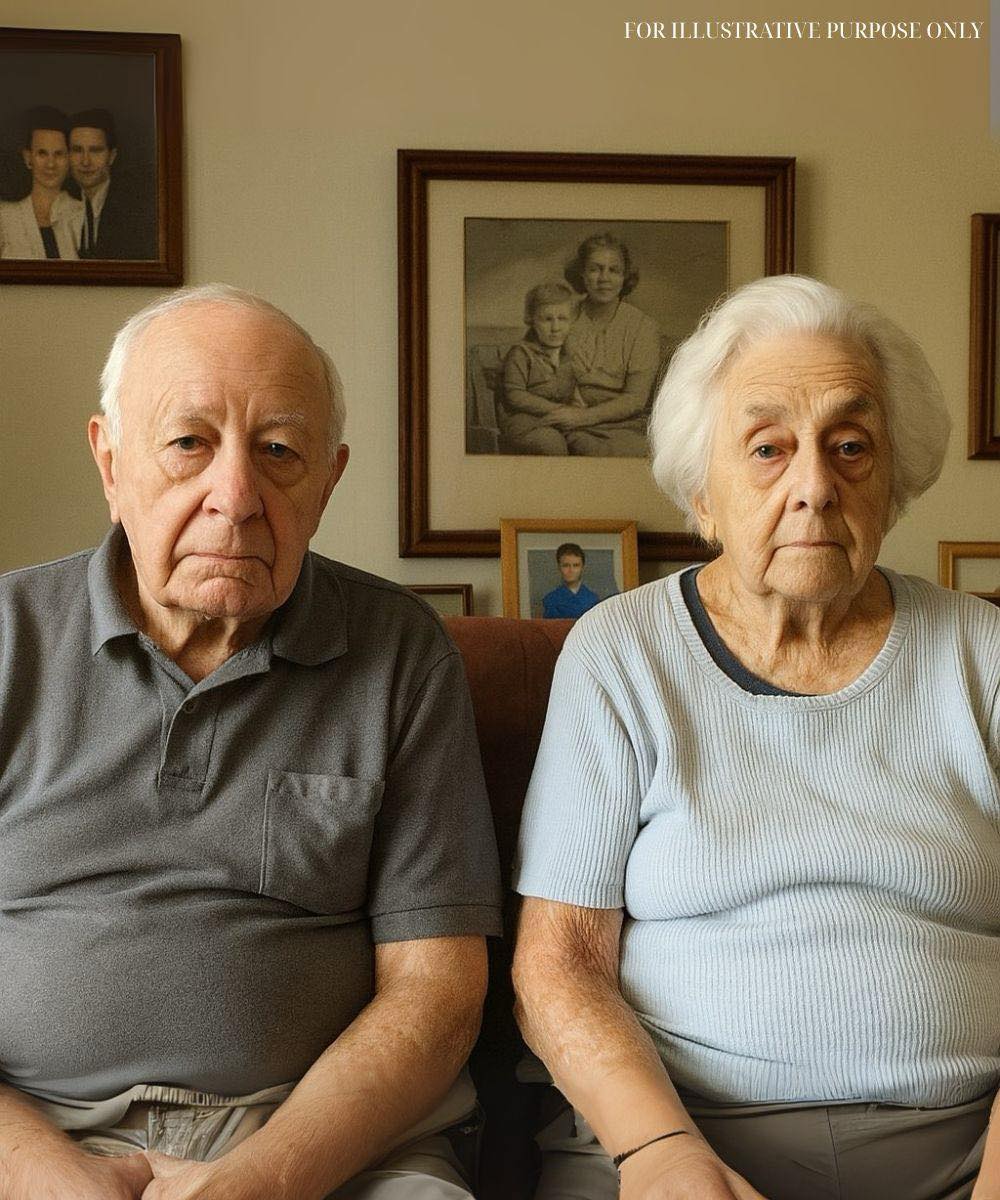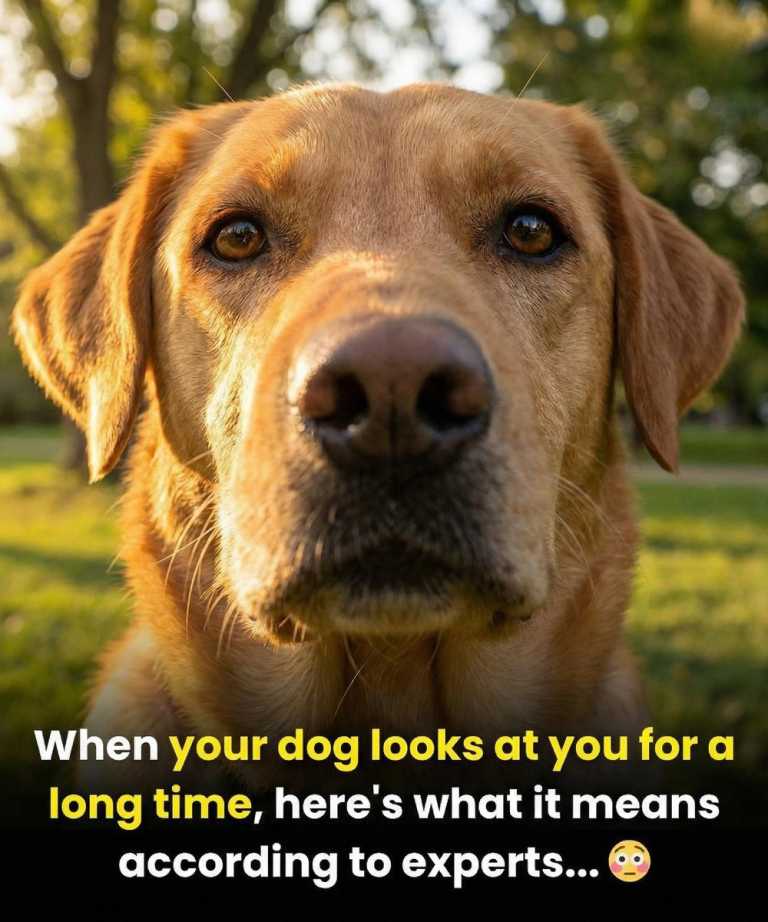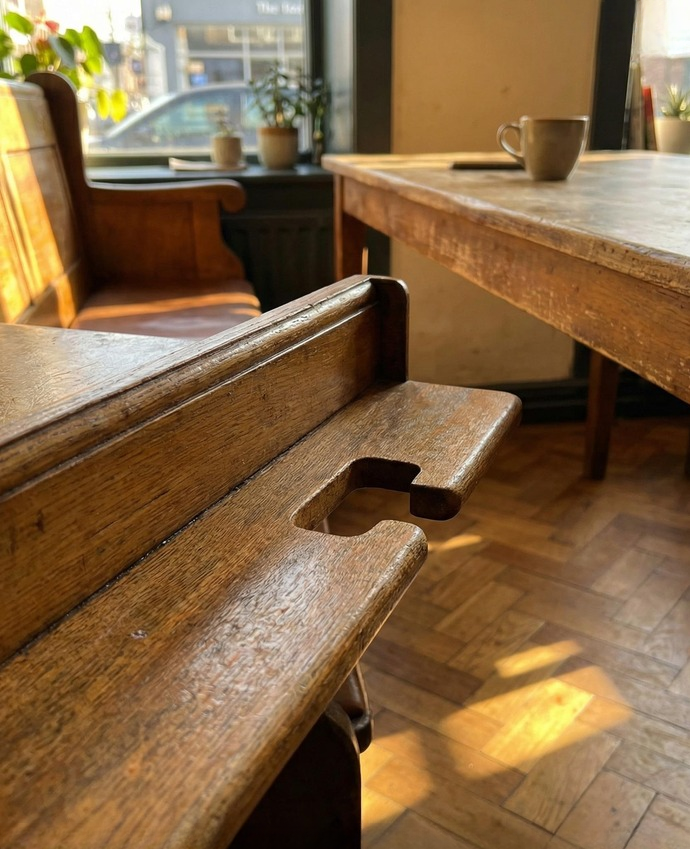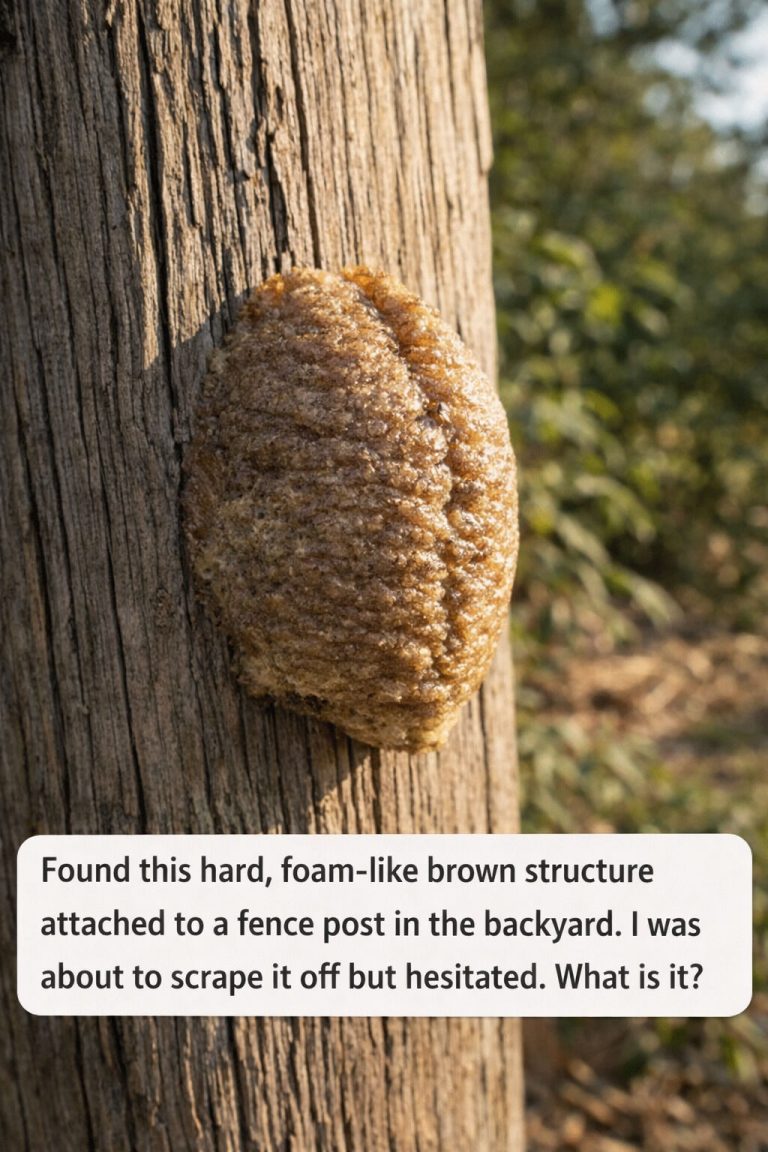
All our lives, everything we did revolved around our children. Not once did we put ourselves first—not for ambition, not for comfort—only for them. Our precious three. We loved them fiercely, gave up everything, and asked for nothing in return.
Who could have imagined that, at the twilight of life—when our bodies grew frail and our hearts longed for care—we’d be met not with love, but with loneliness?
Jason and I were childhood friends. We grew up side by side—same neighborhood, same school benches. When I turned eighteen, we tied the knot. It was a small wedding; we didn’t have much. A few months in, I found out I was expecting. Jason left university, juggling two jobs just to keep food on the table.
Times were tough. Some weeks, we survived on nothing but baked potatoes. But we never complained. It was all part of the plan—to make sure our kids would never have to live that way. When things began to settle, we found out I was pregnant again. We were scared, of course—but we never questioned keeping the baby. They were ours, and that was enough.
Back then, help was nonexistent. No one to lend a hand. My mother had passed early, and Jason’s mother lived too far and kept her distance. I lived in the kitchen and nursery, while Jason came home each night drained from hard labor, hands cracked from cold and exhaustion.
By the time I hit thirty, we had three children. Was it hard? Absolutely. But we never expected ease—we weren’t quitters. We trudged on, somehow scraping together enough to buy apartments for two of them. The sleepless nights, the unpaid bills, the sacrifices—we bore it all without question.
Our youngest wanted to be a doctor, so we took out more loans, selling off what we could to fund her studies overseas. “We’ll find a way,” we kept saying.
Time slipped through our fingers like sand. The kids grew up, moved out, built lives of their own. And just when we needed them the most—when age crept in and illness knocked at our door—it all crumbled.
Jason was diagnosed. His strength ebbed day by day. I looked after him alone. No phone calls. No visits.
When I phoned our eldest, Sophie, pleading for help, she snapped:
“I’ve got my own family. I can’t just drop everything.”
A friend later said she saw Sophie at a café, laughing with friends.
Our son, James, blamed his job—but Instagram told a different story: cocktails on a beach in Ibiza.
And Emily… our youngest, the one we bent over backward for?
She sent a short text:
“Exams coming up. Can’t make it.”
And that was that.
The nights were unbearable. I sat beside Jason, feeding him by hand, wiping his brow, holding him close when the pain became too much. I didn’t hope for miracles—I just wanted him to feel loved. Because I still needed him, even if no one else did.
That’s when reality struck: we were truly alone. No one checking in. No messages. No comfort. We had given up food so they’d eat, worn the same clothes for years so they’d wear the best. We never saw the world—so they could travel it.
And now? We’re seen as burdens.
The real pain wasn’t even their absence. It was knowing we were forgotten.
Once needed.
Now discarded.
Their futures shine bright, while ours fade in silence.
Sometimes I hear laughter from the hallway—other people’s grandchildren visiting.
Sometimes I see Margaret, my old friend, walking with her daughter, arm in arm…
And I wonder—where did we go wrong?
We taught them to be strong. To strive. To succeed.
But did we forget to teach them to return?
To come back to the hands that once held theirs through fevered nights? To remember the arms that rocked them when the world was too loud?
I used to believe love was a circle. That what you gave would eventually come back around.
But now I sit at this window, day after day, watching the seasons pass like chapters in a book no one wants to finish. The neighbors change. The trees bloom and fade. The nurse comes twice a week. The rest of the time, it’s just me.
And silence.
Jason passed quietly in the spring, on a soft morning when the lilacs had just begun to bloom. I held his hand until it went cold, whispering old stories into his ear, hoping they’d travel with him. There was no funeral. No flowers from the children. Just a quick cremation, and a voicemail from James two days later:
“Sorry, Mom. I’ve been swamped. I hope you’re okay.”
I didn’t reply.
Because what could I say? That I woke up reaching for a man who would never be beside me again? That my legs shake each time I stand, but I still sweep the porch each morning because it’s what Jason used to do?
That I miss them—my children—not just as adults, but as the wide-eyed toddlers who once clung to my apron and begged for one more bedtime story?
I found an old box the other day while organizing the attic. It was filled with drawings—stick figures with scribbled “I love you Mommy” in bright crayon, paper hearts with uneven edges, Father’s Day cards made with glitter and glue.
I sat there for an hour, clutching those fragile scraps like lifelines.
They did love us once.
And maybe… maybe they still do. Maybe life just moved too fast, and they got swept away in its tide.
But I wonder—when they grow old, will their children forget them, too?
Will they sit in a quiet room one day and remember us—not with guilt, not with pity—but with understanding? Will they finally see the shape of what we gave? The invisible threads stitched into every sacrifice?
I hope so.
Not out of vengeance, but so they learn. So the cycle doesn’t repeat. So love, even unreturned, leaves an echo.
Tonight, I’ll sit beside Jason’s chair, pour two cups of tea, and whisper like I used to.
And when the wind brushes the curtains, I’ll pretend it’s him answering back.
Because maybe, in the end, love isn’t about what you get back.
Maybe it’s about what you give, and who you become because of it.
Even when no one’s watching.
Even when no one comes back.



